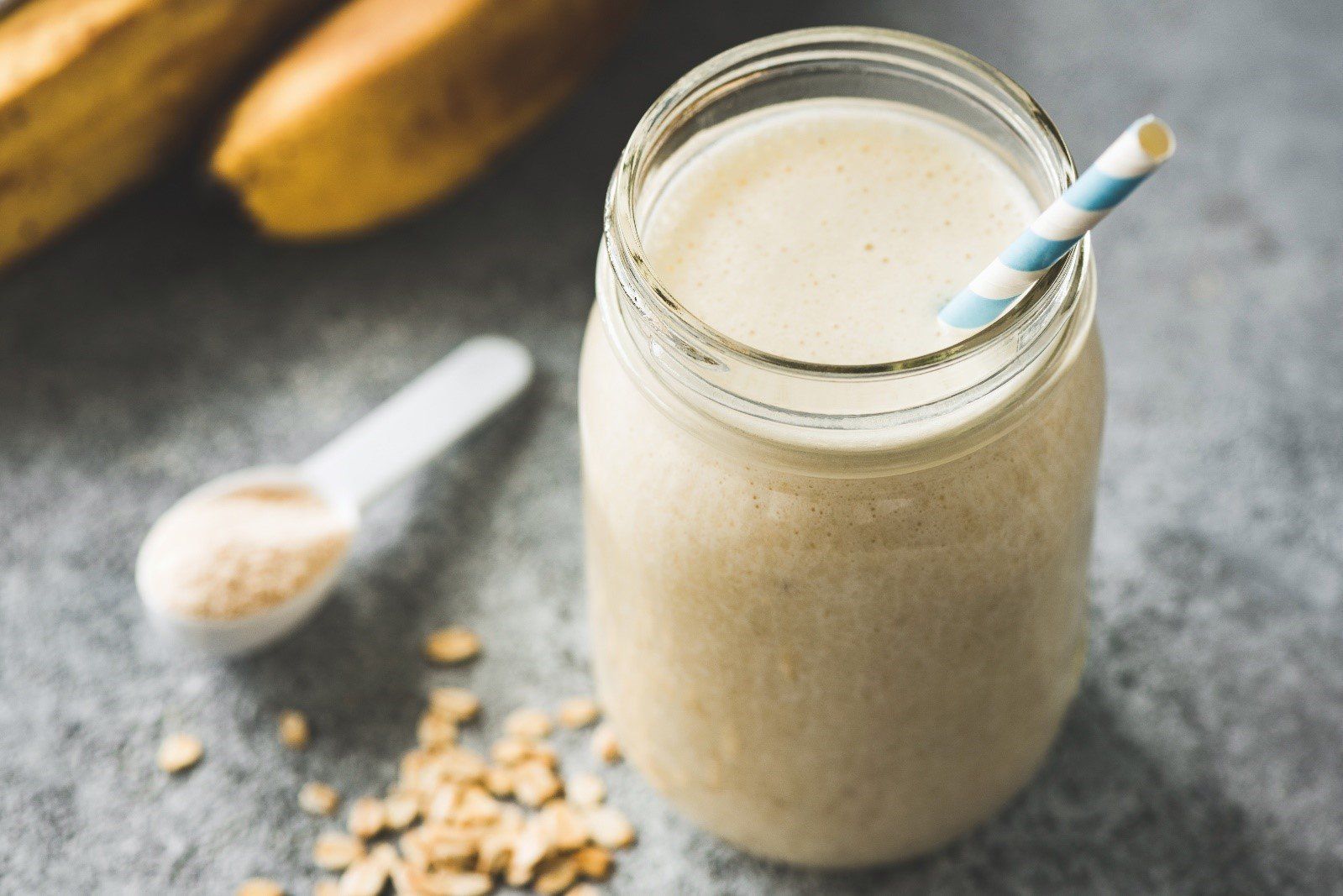Protein for runners: how to use it to boost sports performance
If you are looking to boost performance, build muscle, or enhance recovery, then increasing your protein intake may be the way to go.

When it comes to dietary recommendations, there has been a heavy focus on protein for athletes – and for good reason, since this macronutrient has been shown to aid in muscle growth, weight management, and athletic recovery. But how much do athletes need, and what are some good dietary sources? Here’s how you can get enough protein to boost sports performance.
But how much protein is right for you, and how can you add more of this macronutrient to your meals so you see better results?
Before diving into some dietary recommendations of protein for athletes, let’s first understand why protein is important and what its role is when it comes to enhancing a runner's performance.
What is protein?
Protein is one of the three essential macronutrients, and is composed of 20 different amino acids, nine of which need to be obtained from the diet (as the body can’t produce them on its own).
Amino acids are considered to be the primary building blocks in the human body, and are found in muscles, tendons, bone, skin, hormones, tissue, enzymes, red blood cells, and more.
You can get enough protein through certain dietary sources, which ultimately helps the body build and repair muscles, heal injuries, store and carry oxygen, and synthesise hormones.
Importance of protein for athletes
Whether it’s weightlifting, dancing, running, or cycling, you need to have the right nutritional plan to support your athletic endeavors.
While all macronutrients are important for overall health, studies show that diets high in protein can boost metabolism, aid in recovery, and enhance satiety – all of which are essential for athletes.
Moreover, protein also helps repair and strengthen muscle tissue, which is important to build lean muscle and may reduce the risk of injury.
Recommended protein intake
The Dietary Reference Intake for protein is 0.8 g of protein/kg of body weight per day for an average sedentary person.
However, since runners and other athletes have increased needs, this number can range between 1.2 to 2.0 g of protein/kg of body weight per day.
Here are some general guidelines for different athletic goals:
- Endurance athletes: 1.2 to 1.4 g of protein/kg of body weight per day
- Strength training athletes: 1.4 to 2 g of protein/kg of body weight per day
- Weight loss + maintaining endurance and strength: >2.0 g of protein/kg of bodyweight
Obviously, these numbers will vary depending on your activity level, age, sex, performance goals, and other needs. Thats where getting a sports nutritionist like myself to help you design the correct nutritional plan can be invaluable when it comes to improving your performance.











